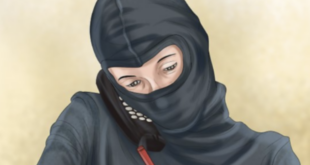Andrew Anglin
Daily Stormer
April 20, 2014
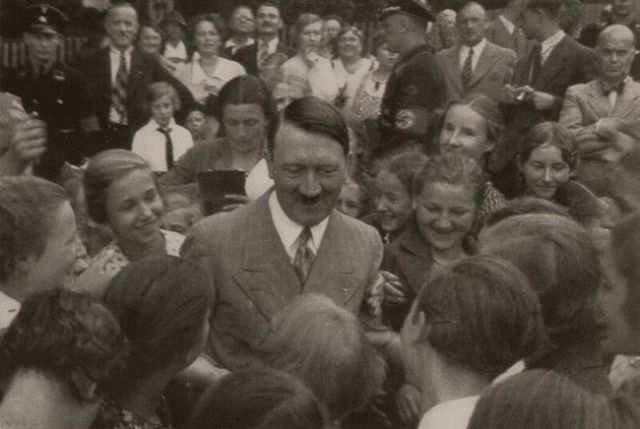
Today we celebrate the resurrection of Christ. As it so happens, today is also the 125th birthday of Adolf Hitler.
There are many similarities between he and Christ. Both were selfless men who gave their lives to save the world. It may be that Hitler was the very most important man to walk the earth since Christ.
But Hitler was a mortal man, and today we should remember him as such.

On April 20th, 1889, Adolf Hitler was born at Salzburger Vorstadt 15, now known asGasthof zun Pommer, in Braunau am Inn, Austria-Hungary. He was the forth of six children born to Alois Hitler and Klara Pölzl.
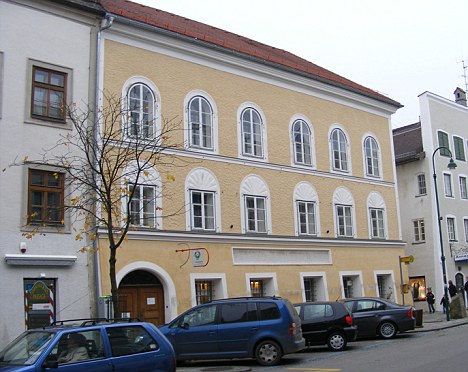
When Hitler was three, his family moved to Passau, Germany. It was there that he acquired his distinct Bavarian accent, which marked his speech throughout his life. Following this, he moved with his family to various places before his father settled permanently in Leonding.

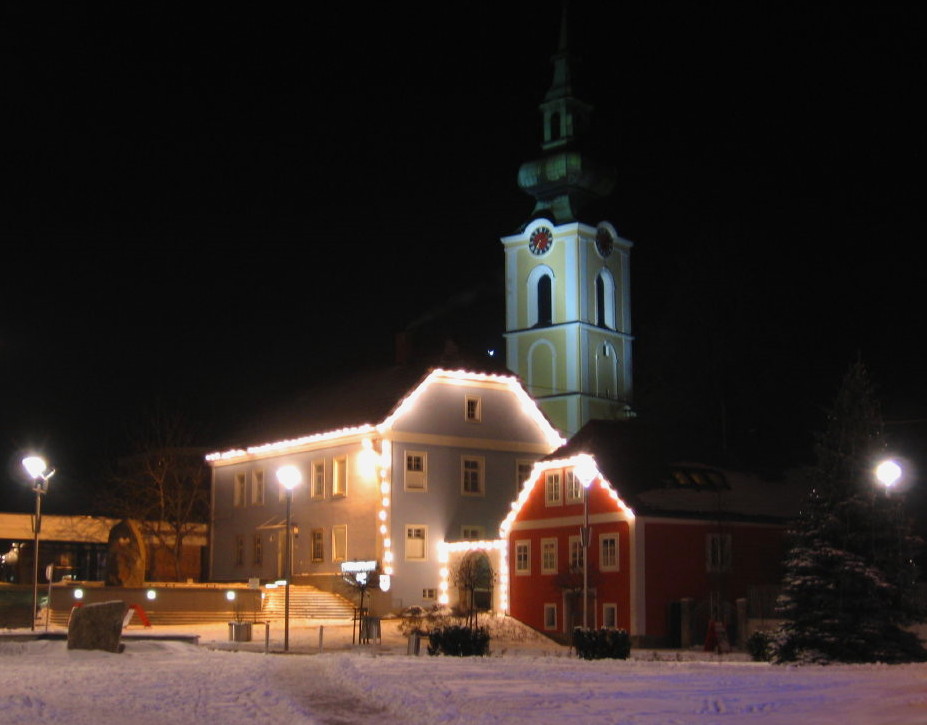
Hitler was baptized and raised Catholic, and and though he would later question the political role of the Church, he remained a member of the Church his entire life.

Though he only ever spoke fondly of his parents, Hitler had an often difficult relationship with his father growing up. He was an emotional and creative boy, and desired to become an artist, while his father wished him to take a position as a clerk. In Mein Kampf, he admits to having purposefully done poorly in technical school, so as his father would allow him to pursue his dream.
After his father died suddenly in January of 1903, Hitler’s mother allowed him to leave home, and the next year he enrolled in school in Steyr. In 1905, he moved to Vienna, where he worked as a laborer and finally as a painter.
It was in Vienna, in his later teenage years, that he began to deeply understand the plight of the German people, an education that he recounts in Mein Kampf. He saw the social, economic and spiritual problems, and saw that none in the establishment were doing anything to solve these problems.

Despite his skill, he was twice rejected from art school, and encouraged to enroll in an architecture program, where instructors felt he would be more well-suited. He found this heartbreaking, as it was painting that he had loved since he was a boy, and this to which he wished to devote his life.
In December of 1907, Hitler’s mother died. In 1909, he was down and out, and lived in a homeless shelter, before settling in the men’s dormitory on Meldemannstraße 27, a house for poor working men.

It was during this period that he began to become aware of the Jewish problem, reading various Antisemitic newspapers being distributed locally. He also developed his understanding of race, an awakening spurred by the high levels of immigration and the conflict that brought.
In 1912, he moved to Munich where he worked selling paintings on the street, and would describe this period as the happiest period of his life. In 1914, when war broke out, he volunteered for the military.
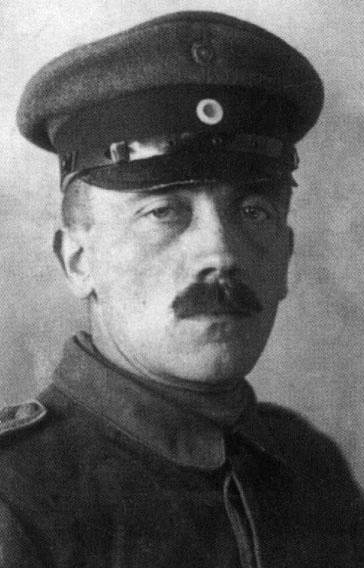

Though still an Austrian citizen, Hitler asked for permission to serve in the Bavarian Army, and this permission was granted. He served in France and Belgium in the 16th Bavarian Reserve Regiment. Hitler was involved in a number of the Great War’s major battles, including the First Battle of Ypres, the Battle of the Somme, the Battle of Arras, and the Battle of Passchendaele.
He was a decorated soldier, awarded the Iron Cross Second Class in 1914 and the Iron Cross First Class in 1918, both for bravery in battle. Hitler later described the war as the “greatest of all experiences.”

He witnessed first hand the stab-in-the-back, where Marxist Jews sabotaged the war effort at home by demoralizing the people and eventually staging a revolution and overthrowing the monarchy. It was then that Hitler knew he must enter politics.
After the war, Hitler returned to Munich. In 1919, he joined the German Worker’s Party (DAP), where he met Dietrich Eckart.

The part changed its name to the National Socialist German Worker’s Party (NSDAP), and Hitler began working for the organization full-time. The party held regular meetings, which were publicized by the members who would march through the streets carrying Swastika flags and handing out fliers. Hitler was the star attraction at these meetings, having gained a reputation as a polemicist. He attacked the Jews and Marxists in no uncertain terms, using all of the passion he is so well remembered for.
In 1921, jealous members of his own party attacked him as a traitor, distributing 3,000 pamphlets defaming his person. He responded in his own defense, and that row resulted in his being voted chairman of the party. Only one vote was cast against him.
It was during this period that Rudolf Hess and Herman Goering joined the party.
On the 8th of November, 1923, Hitler attempted to overthrow the Bavarian government in what was later known as the “beer hall putsch.” Sixteen NSDAP members were killed in the failed coup, and Hitler was sentenced to five years in Landsberg Prison. He was 34-years-old. As Hess was also imprisoned, Alfred Rosenberg was made temporary head of the party.
While in prison, Hitler, with the assistance of Hess, put to paper that most important of political works, Mein Kampf, wherein the blueprint for a utopian nationalist state was presented in an easily accessible and literary form. Between 1925 and 1932, 228,000 copies were sold. In 1933, the book sold a million copies.
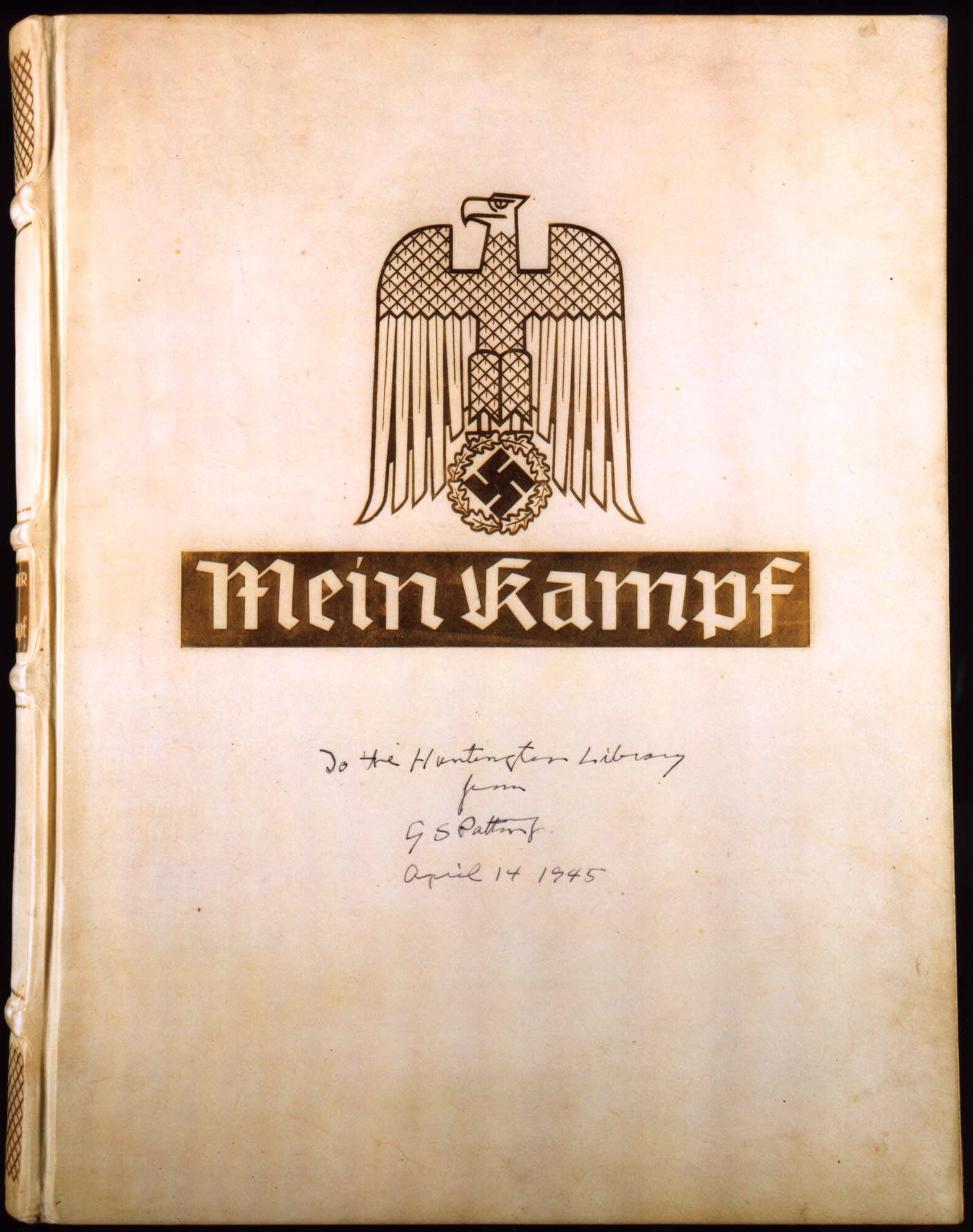
The Bavarian Supreme Court issued a pardon not long after Hitler’s sentence, and he was released just before Christmas in 1924, having served just over a year. However, Hitler was banned from public speaking until 1927.
In October of 1929, the US stock market collapsed, and Hitler’s words were vindicated before the people as an international force caused serious troubles in Germany.
In February of 1932, Hitler was appointed to government office, thus making him a citizen of Germany. In the same year he ran for President and came in second place with over 35% of the vote.
On January 30th, 1933, Hitler was appointed Chancellor at the demand of the people. In February of that year, a communist terrorist set the Reichstag on fire, and Hitler’s words were again proven prophetic.

Thus began a six year period of peace and prosperity for the German people, where the average worker’s quality of life was increased three-fold. The Third Reich became synonymous with high culture and sound economic and social policy, and Hitler poured his heart and soul into creating a glorious empire intended to last a thousand years.
Due to his refusal to play ball on the international scene, and his dethroning of the Jewish parasite, war became increasingly inevitable, as international powers continued to poke and prod. In 1939, England and France declared war on Germany, based on trumped-up accusations of aggression against the belligerent nation of Poland. Thus began the Greatest War ever fought.
Hitler and his people fought gloriously, but it was too much for one man and one nation to take on the entire world. The Jews won the war, and we are still paying the price, each and every day of our lives.
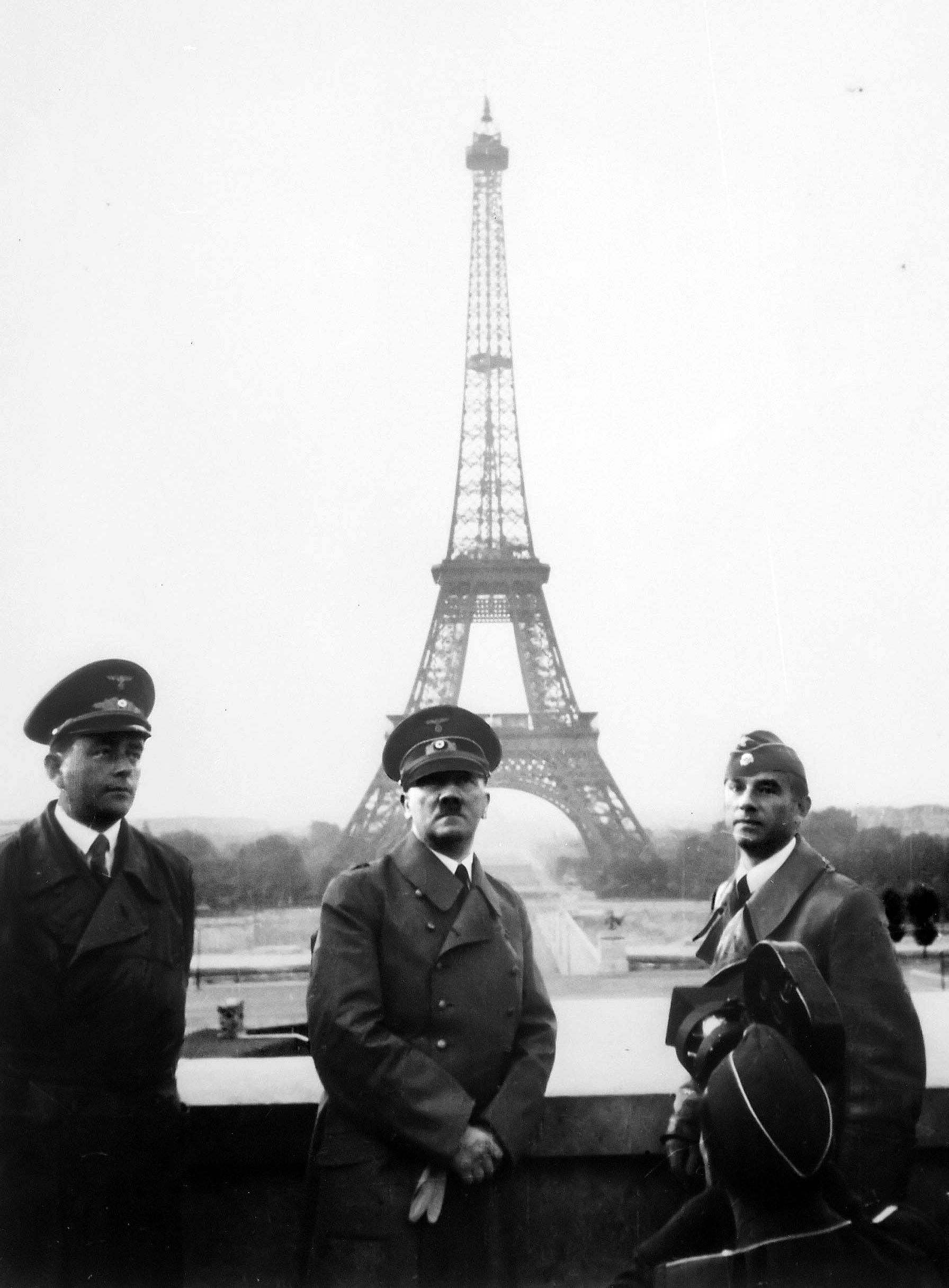
On April 30th, 1945, Hitler married his long-time girlfriend Eva Braun, and together they committed suicide. For he wished to die with his country.
If Hitler would have won, we would not have Jews running everything. We would not have feminism and homosexualism and pornography, we would not have capitalist excesses and dehumanizing globalist integration programs, we would not have mass abortion and endless war. Hitler tried to show the way to a new type of future, in which the natural order was respected, and human society was something of dignity and honor.
Truly, if we are able to draw inspiration from Adolf Hitler, the future is not as bleak as it seems. Though he lost the war, he may yet save the world.
Heil Hitler.
 Daily Stormer The Most Censored Publication in History
Daily Stormer The Most Censored Publication in History

